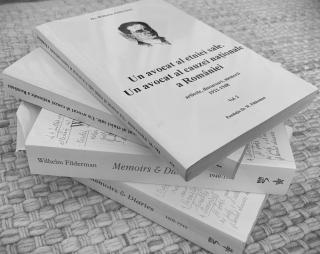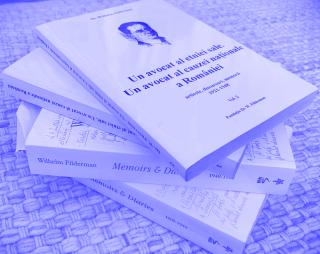Topic
Facing Catastrophe
This study explores Jewish responses to genocidal violence in Romania from 1938 to 1948. Focusing on the Jewish community’s leading and long-standing representative at the time, it inquires about concrete efforts, networks, and the meaning of resistance.

Facing Catastrophe: Wilhelm Filderman and the Jews of Romania 1938-1948
The Holocaust in Romania constitutes a distinct chapter in the history of the Holocaust. From 1938 onwards, the Romanian state implemented its own policies of systematic discrimination, and between 1941 and 1944, this state engaged in its own “war of extermination,” which culminated in a genocide within and beyond the country’s borders. Still, this event remains quite poorly known and understood, especially from the perspective of those targeted for persecution. This study sets out to explore Jewish responses to genocidal violence in Romania over the crucial decade from 1938 to 1948. Focusing on the Jewish community’s leading representative, Wilhelm Filderman (1882-1963), it asks about what it meant for him to represent Romania Jews, or, more precisely, the Jews of Romania both within the country and internationally throughout this period. This study offers new insights into the efforts and networks that mattered in Romania and the meaning of resistance, relief and rescue in this context. At the same, it aims to deepen our understanding of Romania of the Holocaust as a local iteration of the violence with fundamentally global and transnational dimensions.

